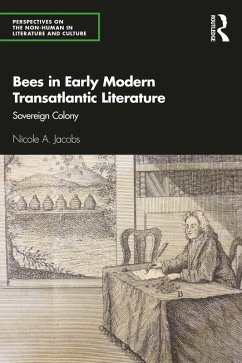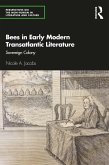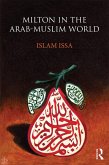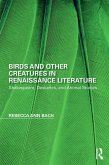Dieser Download kann aus rechtlichen Gründen nur mit Rechnungsadresse in A, B, BG, CY, CZ, D, DK, EW, E, FIN, F, GR, HR, H, IRL, I, LT, L, LR, M, NL, PL, P, R, S, SLO, SK ausgeliefert werden.
"In the century preceding Mandeville's famous grumbling hive, Jacobs reveals how the European honeybee was already vital to how British writers advanced changing ideas about sustainable politics, sovereignty, the power of workers, and the role of other species in human affairs. She uncovers in a wealth of primary texts why the British carried actual bees in hives as well as differing ideas of what they meant forward and into the American colonies, with complex social repercussions. Jacobs shows with admirable clarity the crucial role bees played in the early modern literary and political imagination on both sides of the Atlantic." John Morrillo, NC State University









